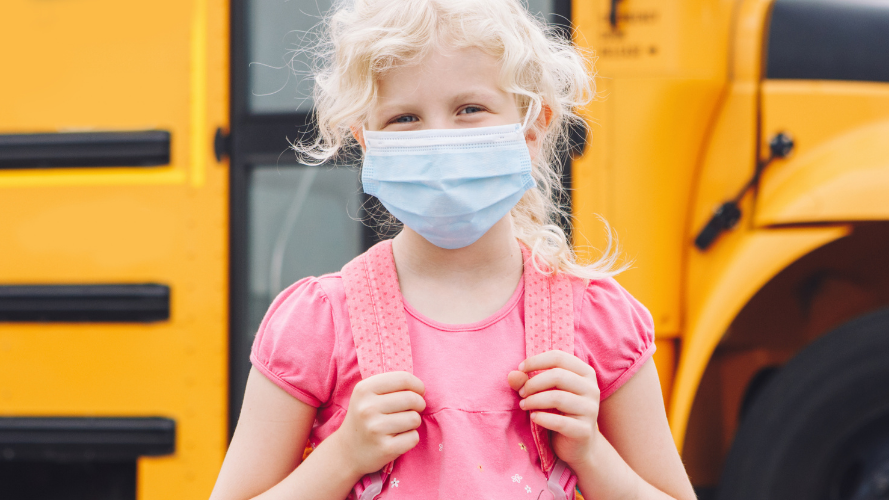Posts about mindset
Other Categories
Why Gifting Experiences Is the Best Gift to Give
The holidays are upon us, and along with them comes the tradition of gift-giving. Do you give experiences rather than…
Back to School 2021: Prepare for a successful start to a new school year
The past two school years have been like no other. A global pandemic, remote or hybrid learning, and wearing masks.…
Gift of a Professional Organizer
Why Is Gifting the Service of a Professional Organizer a Fabulous Idea? I’ve explained before how gifting experiences can be…
The Startling Truth About Habits, New Year’s Resolutions, and Quitting
New Year’s Resolutions. You either love or hate them. Or you begin loving them and end up hating them because…




